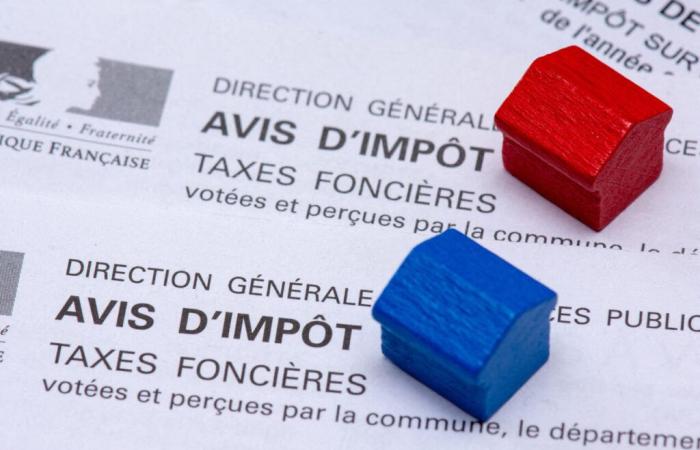Par
Chloe Berry
Published on
Nov 15 2024 at 5:28 am
See my news
Follow News
Should the property tax be paid by tenants? While the housing tax has been abolished for many taxpayers in 2023, the idea of rebalancing housing-related expenses is slowly gaining ground.
It is by browsing the 2024 report of the National Union of Real Estate Owners (Unpi) that we see the outline of a new real estate taxation . And tenants could well pay the price.
Traditionally, property tax is the prerogative of owners. Whether they occupy their property or rent it out, they are the ones who pay this local tax. Do times need to change?
Tenants benefit from property tax benefits
For Sylvain Grataloup, president of the National Union of Owners (Unpi), the property tax should be shared
between the tenant and the owner.
“There is no reason why tenants should not pay it,” he thunders toactu.fr. Quite simply because they benefit from the positive effects of this tax.
Communities use it to create collective facilities, daycare centers for example. Who benefits? Those who live in the community.
Since the removal of the housing tax on main residences on January 1, 2023, “everything is free” for tenants, according to our interlocutor. Hear: they no longer participate in the financing of local public services
.
So, taking part in the payment of property tax is not unusual for Unpi. “We need to make everyone responsible,” the lawyer, elected head of the owners’ association in 2023, tells us.
A soaring tax
In a press release dated October 15, 2024, the date of payment of the property tax for certain taxpayers, Unpi is outraged: the property tax weighs heavily on the shoulders of owners.
Between 2013 and 2023, property owners saw their property taxes increase on average by +32.9%, an increase four times greater than that of rents.
In comparison, rents “are not increasing”, according to Sylvain Grataloup. Or at least, the increase is less impressive than for the property tax.
The rent reference index (IRL), published by INSEE in October 2024, increased by 2.47% in one year. Compared to 3.9% for property tax over the same period.
An aberration for the CLCV
For the CLCV (consumption, housing and living environment), an association which defends the interests of consumers, the fact that the property tax is partly borne by tenants is an aberration. “This is not at all justified,” says David Rodrigues, lawyer at the CLCV, contacted by actu.fr.
The property tax is attached to land and property rights. When the tenant leaves, he is not going to take part of the building with him.
The expert on “housing” issues fears that, in the event that the tenant pays the property tax, drifts do not appear. “In co-ownership, does this mean that tenants will be able to attend general meetings, that they will be able to launch work? », he asks.
Towards the creation of a new tax?
As the CLCV points out, property tax rhymes with owner. Sylvain Grataloup knows this well. Even if it means changing the distribution of tax, what if we instead start froma white sheet ?
For the president of Unpi, the property tax is an “old tax” which needs a little revamp to make it more relevant. “If we use the term 'property tax', we will have the impression of paying a piece of the property,” he admits.
He proposes to remove it to create a new tax levy which he calls the local contribution from community users
(Clue).
This contribution could be degressive depending on civic behavior. The more civic actions we take in the municipality, the more we take charge. We would no longer be talking about owners or tenants, but about users.
The president of Unpi has one idea in mind: to see his Cluc land on the desk of the Minister of Housing, Valérie Létard. For the 2025 Budget, it is too late. “We’re going to build it next year,” he tells us.
Follow all the news from your favorite cities and media by subscribing to Mon Actu.






